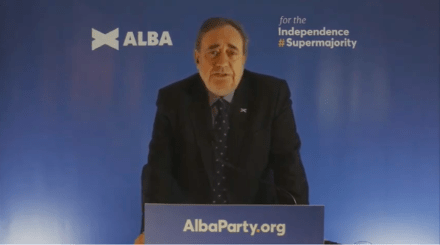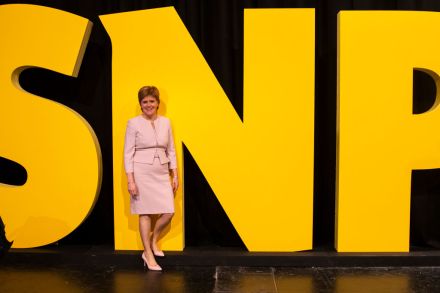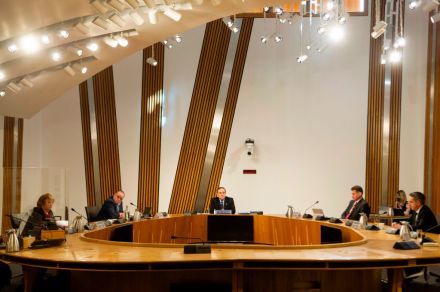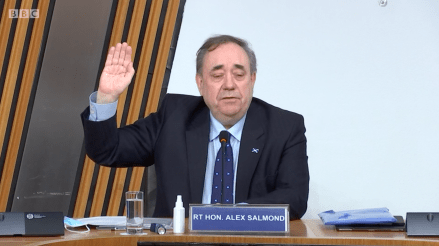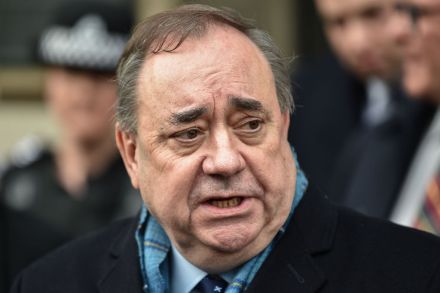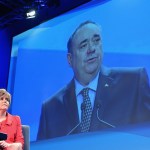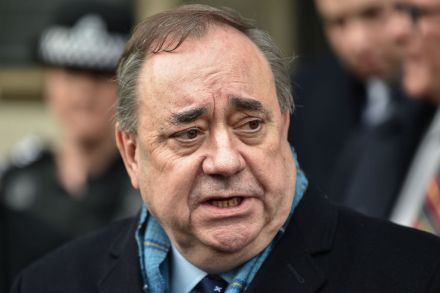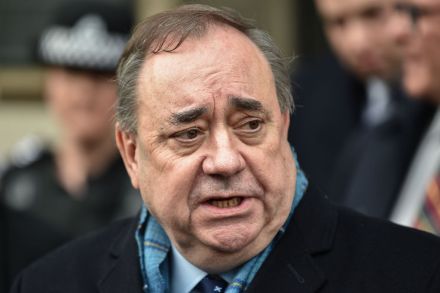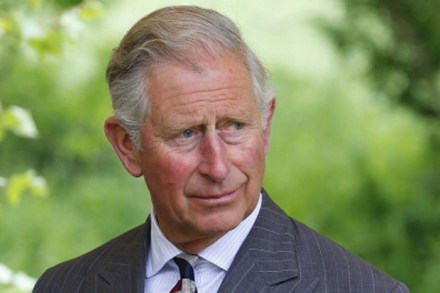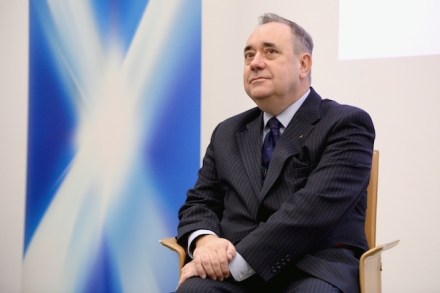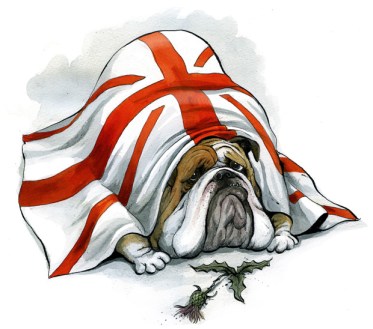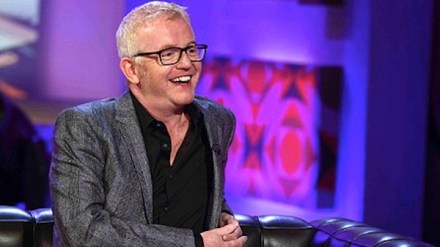Salmond will help the Nationalists, but Galloway’s party is bad news for Unionists
Two decades after devolution, the Scottish Parliament’s election system still confuses ordinary voters and seasoned political observers alike. Politicians on both the Unionist and Nationalist sides have capitalised on this complexity, putting forward new parties – most prominently George Galloway’s Alliance for Unity (A4U) and Alex Salmond’s Alba – that aim to game the system and maximise their side’s (on the matter of the constitution) number of MSPs by pulling regional list votes away from the major parties. But in fact, beneath its byzantine name and workings, Scotland’s modified d’Hondt Additional Member Electoral System translates to straightforward arithmetic, with a clear and inescapable conclusion: Galloway’s A4U gambit is likely to



